Main Content
Review the prerequisites for EPH to determine whether you are eligible to take the course.
Find out if you’re eligible for the EPH Program!
Not sure if you meet the requirements to enroll in the Environment and Public Health (EPH) Program? Try our EPH Eligibility Tool! Just answer a few questions and it will quickly tell you if you seem to be qualified.
To be accepted into EPH, you must:
- Complete at least 32 approved credits in biological, physical, environmental, or health sciences
- At least 1 of these must be a lab course
- Courses with a grade less than C will not be considered
- Up to 6 of these credits may come from statistics, calculus, or similar level college math (no algebra or pre-calculus)
- Have a minimum of 90 credits overall*
*While you do not have to have a bachelor’s degree to be accepted and enroll in EPH, you must have a degree to successfully complete EPH (and to be eligible to sit for the NJ REHS exam). An EPH certificate of completion will not be issued until you have provided proof that you have earned your undergraduate degree.
Courses in biology, chemistry, environmental science, and physics are strongly recommended. View the list of recommended courses for an REHS for more information.
If you plan to enroll in EPH and it has been a while since you’ve taken a biology or chemistry class, we highly recommend that you check out our Chemistry and Biology Resources page prior to the start of EPH.
Short on science credits? Learn about two options to earn the additional credits you need.
- Register for science courses at any accredited college of your choice
- County college, community college, or online schools are all acceptable as long as they are accredited
- To ensure that the courses you select will be accepted towards the EPH pre-requisites, we recommend that you send the following information to us before you register; we will tell you if we can accept the course, so you don’t waste time or money on courses that won’t make the cut:
- School name
- Course number and name
- Course description (copied from the course catalog is fine)
- If we are unable to make a determination based on the course description, we may require that you also submit a course syllabus.
- When you have 29 or more science credits completed, you also have the option of taking EPH for the remaining 1, 2, or 3 credits you need. This option requires you to:
- First, complete your registration for EPH with our office.
- Next, register with the Rutgers Summer Session office and pay them directly for these additional credits (we will provide you the information you need to register).
- Last, complete EPH as you normally would (the classroom portion and the field training internship) AND complete additional course work which will be assigned the first week of the EPH class.
No additional class time is required for this second option. However, additional fees apply. You will pay the separate fee directly to the Rutgers Summer Session office for these credits (view Summer Session credit fees here; look at the fees for School 10: Planning & Public Policy). Please call Program Coordinator Olga Welsh at 848-932-7315 or email us at eph@njaes.rutgers.edu if you would like to discuss this option.
Are you an undergrad who’s considering taking EPH?
While a bachelor’s degree is required to sit for the NJ REHS Licensing exam, undergraduate students are welcome to apply for and attend EPH if they have enough credits.
Watch this video to hear past students explain how EPH differs from a typical college class and how it helped prepare them for future success in their careers.
EPH Alumni Profile: Thomas Mynes

“For me, taking the EPH course in the summer following my Junior year put me at a great advantage entering the fall semester of my senior year.
“As an Environmental Policy major (with a Public Health minor), my senior year covered many advance topics that EPH had outlined wonderfully. The knowledge I gained through EPH was applied to nearly all of my classes, and I was able to command a greater understanding of the material. I am certain that I would not have made the Dean’s List in the fall if it wasn’t for the great education I received over the summer.
“Now entering my final semester as an undergraduate, I am reinforcing the education I got over the summer — and once I graduate I am confident the skills I have learned through EPH will exponentially increase my job opportunities in the workforce!”
– Thomas Mynes, REHS, EPH 2011
Oregon Health Authority
To be eligible to sit for the NJ REHS Licensing Exam, you must:
- Meet the requirements listed above for entry into EPH
- Hold a Bachelor’s Degree
- Successfully complete the EPH program (which includes a 200-hour field training environmental health internship at a New Jersey local or county health department under the supervision of a licensed NJ Health Officer or REHS)
Our office helps EPH graduates with the application process for the REHS exam when taken the autumn immediately following the course.
Alternatively, you can become eligible to sit for the NJ REHS Licensing Exam by successfully completing college-level courses deemed equivalent to EPH, plus a 200-hour field training environmental health internship at a New Jersey local or county health department.
